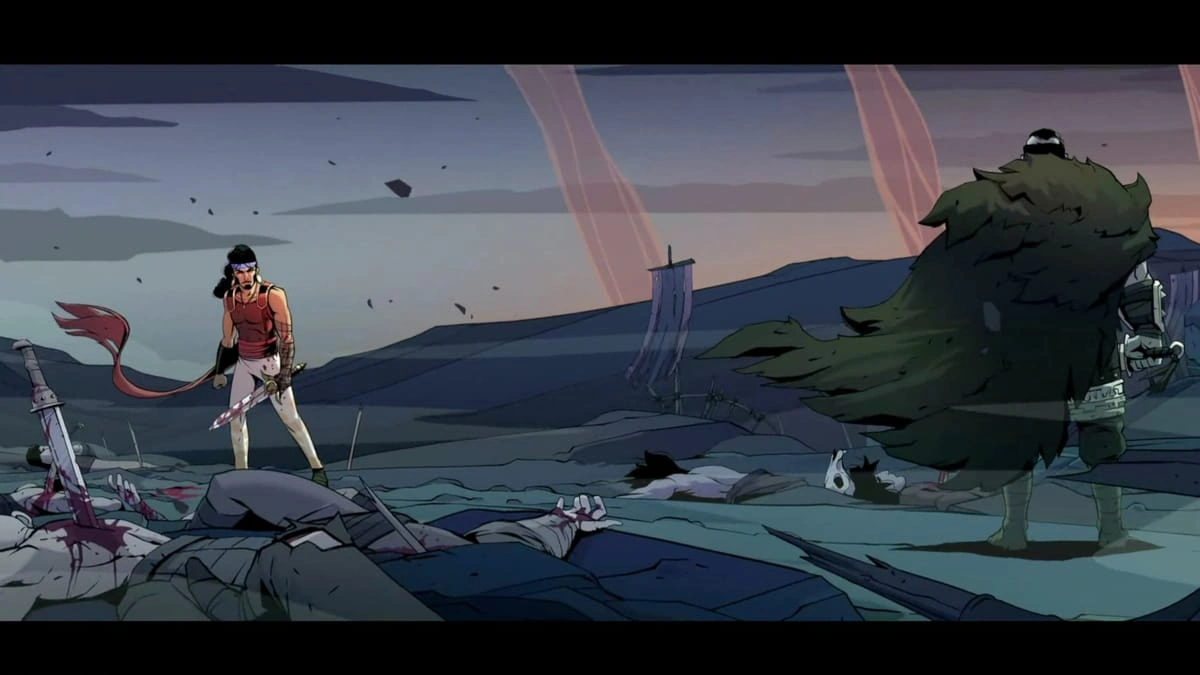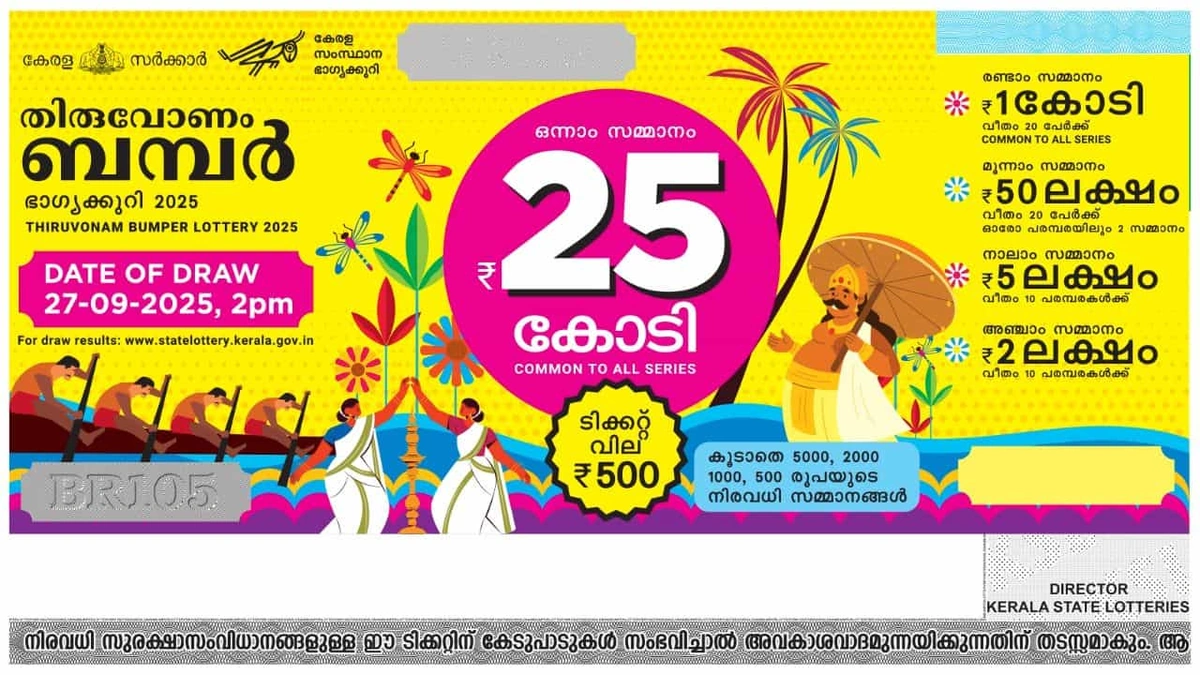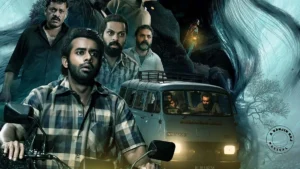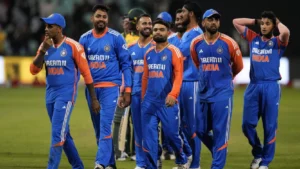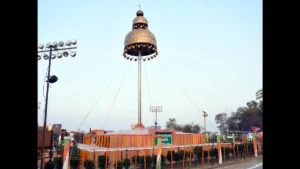The Rogue Prince of Persia Isn’t What You Expect – And That’s Exactly Why It Matters
Alright, grab your coffee and pull up a chair. We need to talk about the Prince of Persia.
When you hear that name, what comes to mind? For me, it’s the sweeping, cinematic magic of The Sands of Time . It’s the feeling of narrowly escaping a trap, rewinding time with a flick of the wrist, and that iconic, acrobatic flow. It’s a grand, story-driven adventure. So, when Ubisoft and developer Evil Empire unveiled The Rogue Prince of Persia and the first thing we saw was a colourful, 2D… roguelike… a lot of us did a double-take.
A roguelike? Really? The genre famous for making you die, die, and die again?
My first thought, I’ll admit, was a bit skeptical. Is this just a small, low-budget side project to keep the name warm while the Sands of Time remake figures itself out? But the more I looked into it, the more I realized… this isn’t just a side project. It’s one of the smartest, most interesting moves Ubisoft has made with this beloved franchise in over a decade. And the why of it all is far more fascinating than the initial announcement.
First Off, What Even IS a Roguelike? (And Why It’s a Shockingly Perfect Fit)
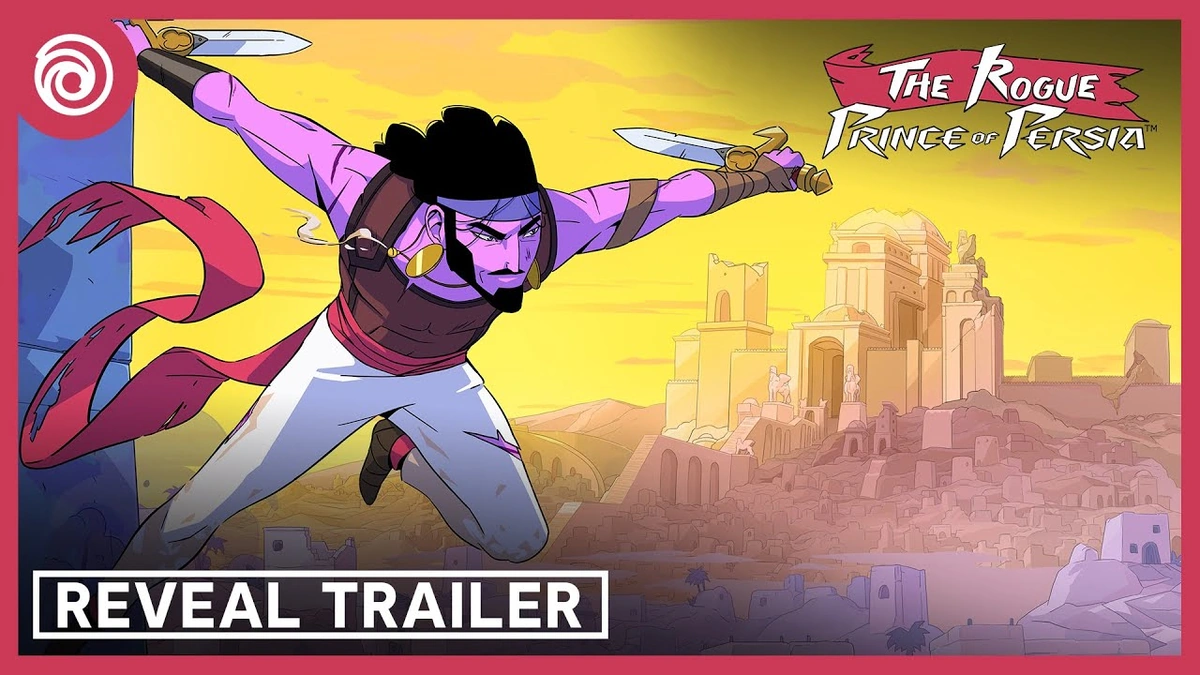
Let’s get this out of the way. The term “roguelike” gets thrown around a lot, but what does it actually mean? Think of games like Hades or Dead Cells . The core loop is simple: you start a run, fight through procedurally generated levels, collect power-ups, and try to get as far as you can. When you die and you will die you lose those power-ups but usually keep some form of permanent currency to unlock new weapons or abilities for your next attempt. Each run is different, but you, the player, get progressively better.
Sound frustrating? It can be. But it’s also incredibly addictive. It’s about mastery through repetition.
And here’s the thing I realized: The spirit of Prince of Persia has always been a little bit roguelike. Go back to the 1989 original. It was a game of brutal, pixel-perfect platforming and trial-and-error. You’d try a jump, fall into spikes, and start over. You learned the patterns, you mastered the timing, you got a little further each time. The famous Dagger of Time in Sands of Time was literally a mechanic to soften this loop a way to have a do-over without a full reset. The core DNA is there.
The Rogue Prince of Persia simply embraces this. The wall-running, the fluid acrobatics, the fast-paced combat… it all slots perfectly into a run-based structure where you’re constantly trying to perfect your flow state. It’s not a betrayal of the formula; it’s a modern interpretation of its oldest, most fundamental roots.
The Genius Move of Handing the Keys to Evil Empire
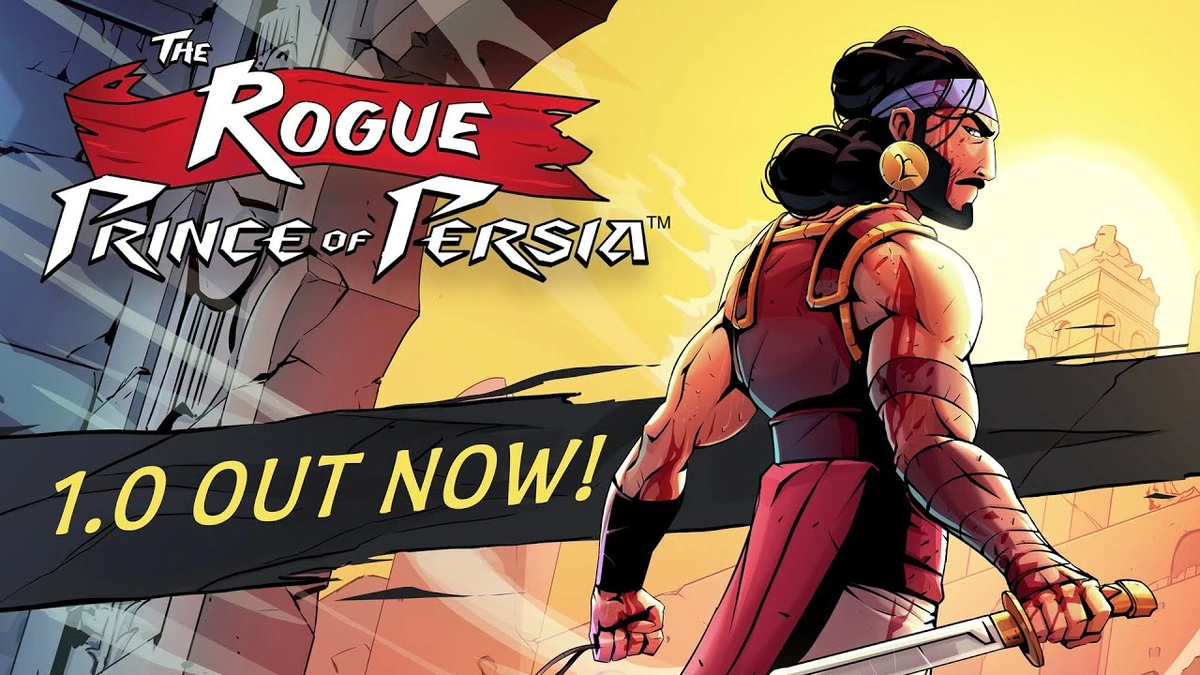
Okay, so the genre fits. But who is making it? This is where it gets really interesting. This isn’t an internal Ubisoft studio trying to learn a new genre on the fly. This is being made byEvil Empire.
If that name doesn’t ring a bell, their work certainly will. These are the folks who took over development for the legendary indie hit Dead Cells after its initial launch. They were responsible for the incredible post-launch support, the brilliant DLC, and keeping that game alive and thriving for years. They are, without exaggeration, masters of the modern action-roguelike.
This is a masterstroke by Ubisoft. Instead of risking a beloved IP on an inexperienced team, they went to the experts. They essentially said, “You guys are the best at this. Here are the keys to the Prince’s kingdom. Go make something amazing.” This collaboration ensures a baseline of quality and a deep understanding of the genre that you just can’t fake. It shows that this isn’t a quick cash-grab; it’s a project built on genuine passion and proven evil empire developer expertise.
Why “Early Access” is a Feature, Not a Flaw
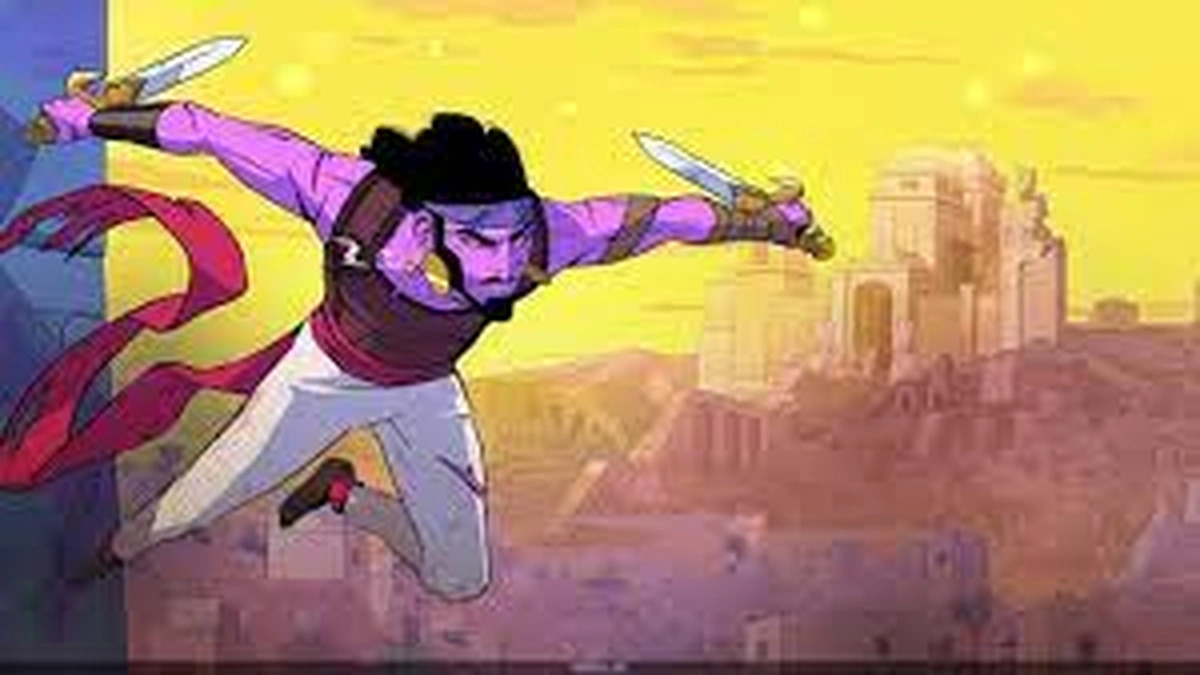
When the game launched, it did so on prince of persia steam Early Access. For some gamers, “Early Access” is a dirty phrase. It can mean “unfinished,” “buggy,” or “buy our game now and maybe we’ll finish it later.”
But for a roguelike, it’s the secret sauce.
A game like this lives and dies on its balance, its variety, and its “feel.” Getting that right requires a massive amount of player feedback. The developers need to see what weapons are overpowered, which enemies are unfair, and which upgrades feel the best to unlock. Early Access isn’t just a funding model; it’s a collaborative development process.
This is how games like Hades , Baldur’s Gate 3 , and Evil Empire’s own Dead Cells became the masterpieces they are. They were built, tested, broken, and refined in a constant conversation with their community. By putting The Rogue Prince of Persia into Early Access, Ubisoft is inviting us, the players, to help shape its future. It’s a sign of confidence, not a red flag. Looking for something to play while you wait? You can always check out the latest wordle answers for a fun puzzle.
What This All Means for the Future of the Franchise
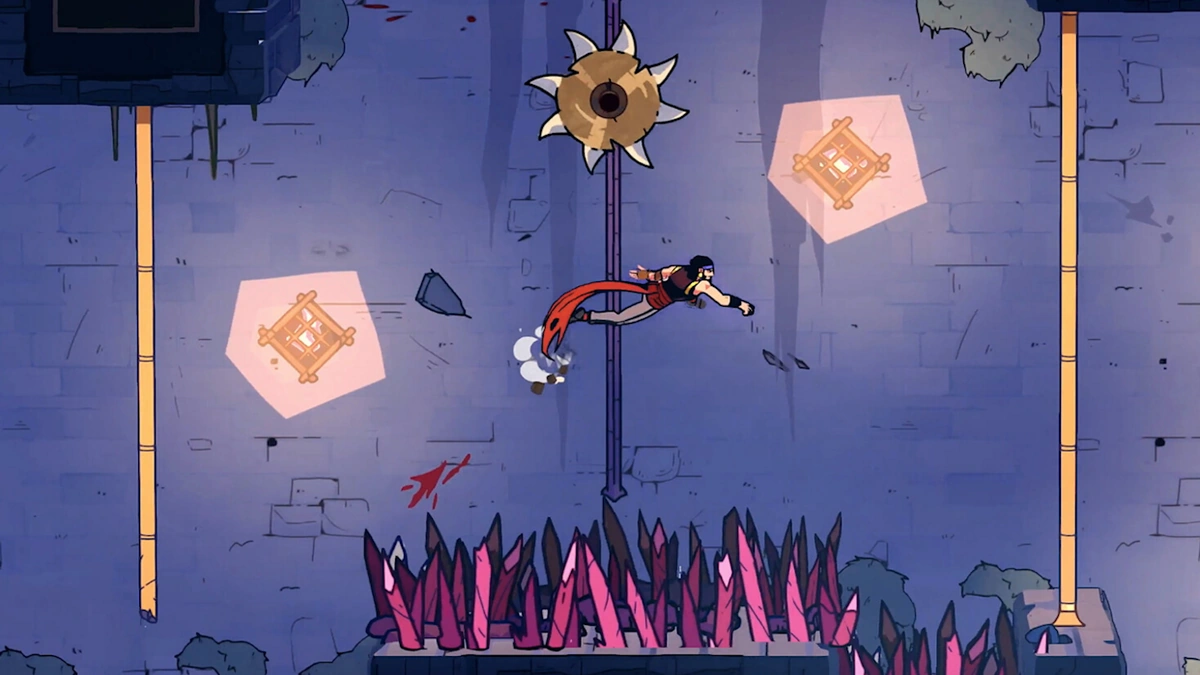
So, why does any of this matter? It matters because it tells us that Prince of Persia is finally healthy again.
For years, the franchise felt like it was in limbo, trapped by the massive success of The Sands of Time . The remake has been in a famously troubled development cycle. But look at what’s happened recently. First, we got The Lost Crown , a brilliant Metroidvania-style game that proved a 2D Prince could be incredible in the modern era. It was a critical and commercial success.
Now, we have this a completely different take, a prince of persia roguelike that explores another genre entirely. This isn’t a sign of a confused brand; it’s a sign of a confident one. Ubisoft is no longer putting all its eggs in one giant, AAA basket. They are diversifying the Prince’s portfolio, allowing different teams to explore what makes him so iconic in different ways. This is how a franchise stays alive and relevant. It experiments, it takes risks, it surprises people.
This small, agile, and expertly crafted roguelike isn’t a replacement for a big epic. It’s a brilliant companion piece, keeping the spirit of the Prince alive and kicking literally while the bigger projects cook. It’s a new beginning, one death at a time. And if you are looking for a powerful mobile experience, maybe check out this new budget king phone .
Frequently Asked Questions
What exactly is The Rogue Prince of Persia?
It’s a 2D action-roguelike, very similar in style to games like Dead Cells . You play as the Prince, navigating procedurally generated levels, fighting enemies with acrobatic flair, and trying to get as far as you can before dying and starting a new run with new knowledge and permanent upgrades.
Is this game connected to the Sands of Time or other PoP games?
No, this is a standalone story set in a new universe. While it features the iconic Prince and his acrobatic abilities, it’s a fresh start and doesn’t require any knowledge of the previous games to enjoy the prince of persia gameplay.
When is the full release date for The Rogue Prince of Persia?
The game launched in Steam Early Access on May 27, 2024. There is no confirmed date for the full 1.0 release yet. The developers plan to keep it in Early Access while they add more content and incorporate player feedback.
Why is it only on Steam Early Access right now?
The developers at Evil Empire believe the best way to build a great roguelike is with direct community involvement. Early Access on Steam allows them to get massive amounts of feedback on balance, features, and bugs to make the final game as good as it can be. Console releases will likely happen after the full 1.0 launch.
Do I need to be a fan of the old games to enjoy this?
Not at all! This is a great entry point. If you enjoy fast-paced action games and roguelikes, you’ll feel right at home. Fans of the old games will appreciate the nods to classic Prince of Persia movement and themes.
Who is the Evil Empire developer team?
Evil Empire is a French game development studio best known for its incredible work on the post-launch content and DLC for the highly-acclaimed roguelike Dead Cells . They are considered experts in the genre.
So, is The Rogue Prince of Persia the grand, cinematic sequel some fans were waiting for? No. And that’s exactly the point. It’s a nimble, clever, and passionate experiment that honors the series’ core challenge while fearlessly embracing a modern genre. It’s a sign that Ubisoft is finally willing to let the Prince run free again. And frankly, that’s the most exciting thing to happen to him in a very, very long time.
